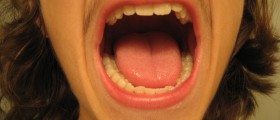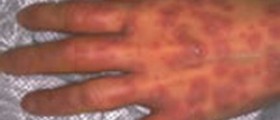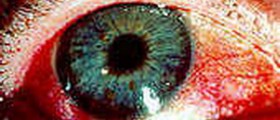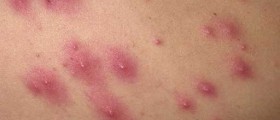
Chronic mucocutaneous candidiasis is not a specific infection and disease. It mostly reflects other immunologic, endocrine or autoimmune disorders. Still, all patients have one thing in common - impaired cell-mediated immunity against Candida species.How Does the Infection Occur?
Candida infection is considered opportunistic infection. It is normally found in humans and actually does no harm unless the immune system fails to prevent its excessive multiplication. So in order to keep Candida at bay, one must have healthy and strong immune system.
The infection results due to a defect in cell-mediated immunity. Such impairment allows the fungi to multiply, over-colonize the skin and mucous membranes and cause different problems.Clinical Characteristics of Chronic Mucocutaneous Candidiasis
Patients suffering from chronic mucocutaneous candidiasis develop persistent Candida (yeast) infection of various mucous membranes and skin areas such as the scalp, the rest of the skin and nails. It is also common to develop thrush, yeast infection of the oral cavity. Babies are prone to yeast diaper rash. Apart from dealing with Candida, such individuals may also have problems with other microorganisms such as different bacteria or even other fungi.
Chronic mucocutaneous candidiasis most commonly affects people who are already suffering from certain illnesses such as hemolytic anemia, diabetes, alopecia, vitiligo etc.
Persistence of the infection leads to recurrent and hard-to-deal-with fungal infection of different mucous membranes and different portions of the skin. Candidiasis also affects the inside of the mouth, predominantly in babies. Superinfection with other fungi and bacteria is also common for these patients.
Chronic Mucocutaneous Candidiasis Treatment
Since there is an excessive multiplication of this yeast doctors prescribe medications which can control this overgrowth and eradicate the infection. Treatment may last long and is generally repeated from time to time since the infection is recurrent. Fortunately, the infection rarely develops into systemic one which requires more complex treatment.
People with recurrent candidiasis are supposed to undergo additional tests and exams. These can provide with more information regarding potential underlying conditions such individuals are suffering from without even knowing it. After setting proper diagnosis they are treated and recurrent candidiasis can be partially controlled.

















Your thoughts on this
Loading...